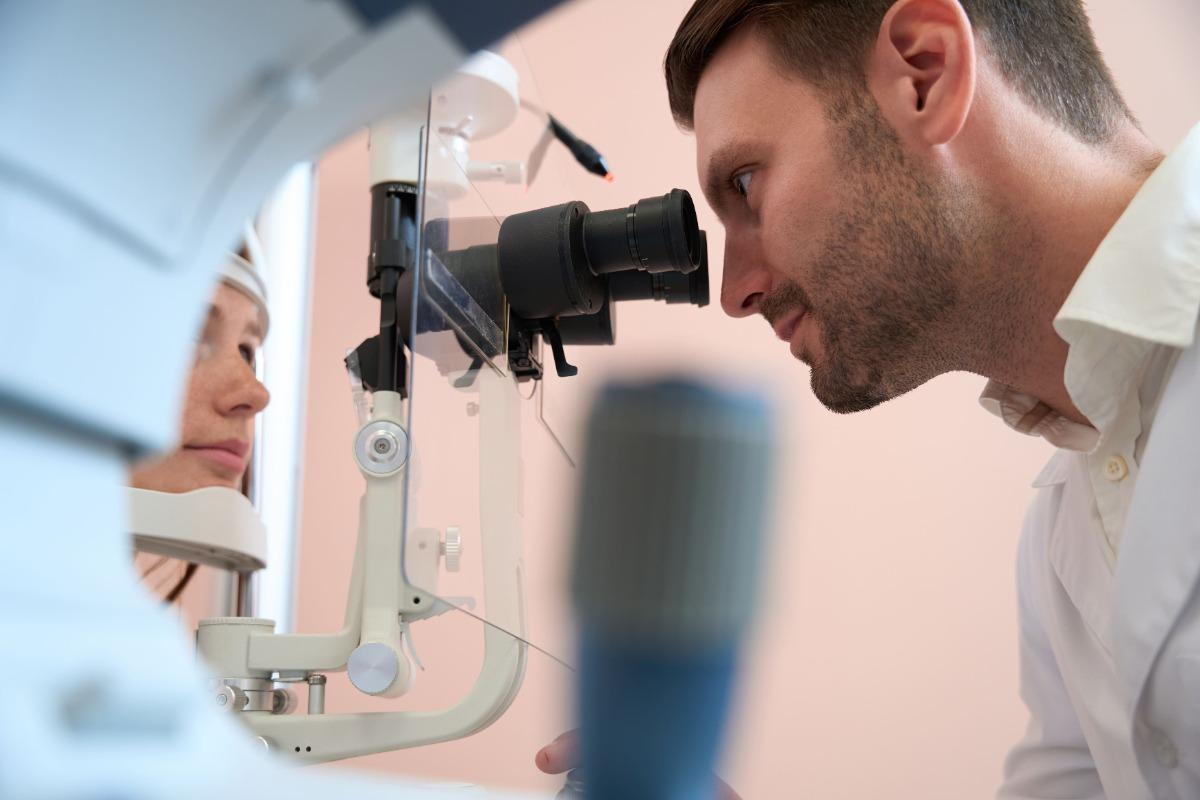Featured
Table of Contents
- – 1. Adjustments in Vision Top Quality.
- – 2. Regular Eye Exhaustion.
- – 3. Migraine Headaches or headaches.
- – 4. Increased Sensitivity to Light.
- – 5. Adjustments in Field Of Vision.
- – 6. Unexpected Onset of Drifters or Flashes of ...
- – 7. Difficulty with Evening Vision.
- – 8. Family History of Eye Issues.
- – Conclusion.
Routine eye tests are vital for keeping great eye health and wellness and protecting against vision troubles. Several individuals are not aware of the indicators that suggest it's time for an eye test.
![]()
Drifters-- small flecks or strings that wander across your vision-- are typical and usually harmless. Nevertheless, if you instantly notice a rise in advances or the look of flashes of light, it might indicate a more significant problem with the retina. This warrants prompt assessment by an eye care expert to rule out conditions such as retinal rips or detachment.
1. Adjustments in Vision Top Quality.
If you see any adjustments in your vision high quality, it might be time to see an eye care expert. This consists of experiencing obscured vision, seeing halos around lights, or difficulty concentrating on items. Such changes can show refractive mistakes (like nearsightedness or astigmatism), cataracts, or various other hidden problems. Also small modifications in your vision need to be addressed without delay, as they may worsen with time if left without treatment.2. Regular Eye Exhaustion.
In our electronic age, lots of people experience eye fatigue or stress from prolonged screen time, which can cause signs and symptoms like redness, dry skin, and irritability. If you discover that your eyes really feel tired after utilizing a computer system or smart device, it may be a sign that you need to change your display time practices or that your prescription needs updating. An eye exam can give options tailored to your specific needs, including recommendations for eyeglasses designed for digital use.3. Migraine Headaches or headaches.
Eye pressure from trouble focusing can trigger stress frustrations. If you discover that your headaches coincide with activities that need visual focus, such as reading or functioning at a computer system, it's crucial to speak with an eye treatment expert.4. Increased Sensitivity to Light.
If you locate on your own significantly sensitive to light or have trouble readjusting to adjustments in illumination, it might suggest underlying eye troubles. Sensitivity to light can be a sign of numerous problems, consisting of cataracts, dry eyes, or migraines. An eye test can aid determine the source of this sensitivity and deal remedies to ease discomfort.5. Adjustments in Field Of Vision.
Noticing modifications in your outer vision, such as trouble seeing items on the sides or a progressive loss of side vision, can be a sign of severe eye problems, including glaucoma or retinal detachment. If you experience any type of abrupt adjustments in your field of vision, it is important to look for instant medical interest to avoid possible vision loss.6. Unexpected Onset of Drifters or Flashes of Light.

Drifters-- small flecks or strings that wander across your vision-- are typical and usually harmless. Nevertheless, if you instantly notice a rise in advances or the look of flashes of light, it might indicate a more significant problem with the retina. This warrants prompt assessment by an eye care expert to rule out conditions such as retinal rips or detachment.
7. Difficulty with Evening Vision.
It may be a sign of establishing eye problems if you locate it increasingly challenging to see at night or in dim lighting. Issues like cataracts can lead to troubles with evening vision. If you notice these changes, an eye examination can provide quality on the underlying cause and guide proper therapy.8. Family History of Eye Issues.
If you have a family members background of eye illness, such as glaucoma, macular deterioration, or diabetic person retinopathy, it's vital to be proactive regarding eye wellness. Normal eye examinations can aid discover genetic eye conditions early, also if you aren't experiencing signs.Conclusion.
Identifying the signs that suggest a need for an eye examination is vital for protecting your vision and maintaining overall health and wellness. Prioritize your eye care today to safeguard your vision for tomorrow!Table of Contents
- – 1. Adjustments in Vision Top Quality.
- – 2. Regular Eye Exhaustion.
- – 3. Migraine Headaches or headaches.
- – 4. Increased Sensitivity to Light.
- – 5. Adjustments in Field Of Vision.
- – 6. Unexpected Onset of Drifters or Flashes of ...
- – 7. Difficulty with Evening Vision.
- – 8. Family History of Eye Issues.
- – Conclusion.
Latest Posts
Host Your Perfect Event: Venue Rental Alternatives for every single Celebration
Published en
1 min read
An Extravagant Retreat: The Claridge Indoor Swimming Pool
Published en
1 min read
Experience the Boogaloo: Dining, Drinks, & Sports at FunCity Resort
Published en
2 min read
More
Latest Posts
Host Your Perfect Event: Venue Rental Alternatives for every single Celebration
Published Mar 14, 25
1 min read
An Extravagant Retreat: The Claridge Indoor Swimming Pool
Published Feb 09, 25
1 min read
Experience the Boogaloo: Dining, Drinks, & Sports at FunCity Resort
Published Feb 07, 25
2 min read